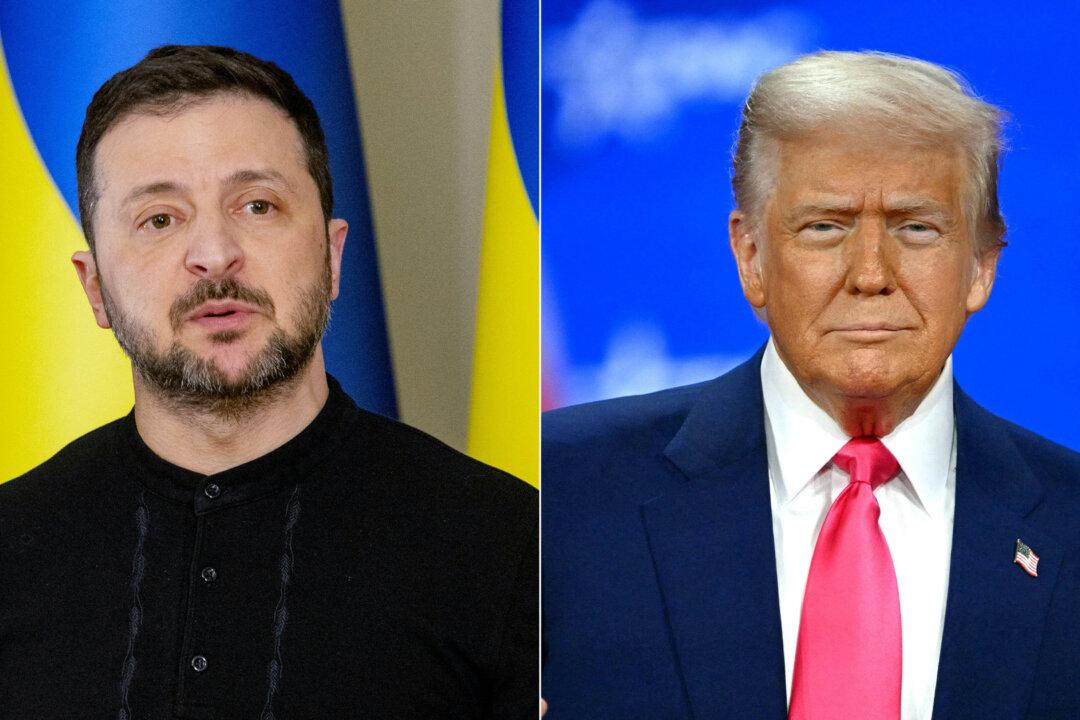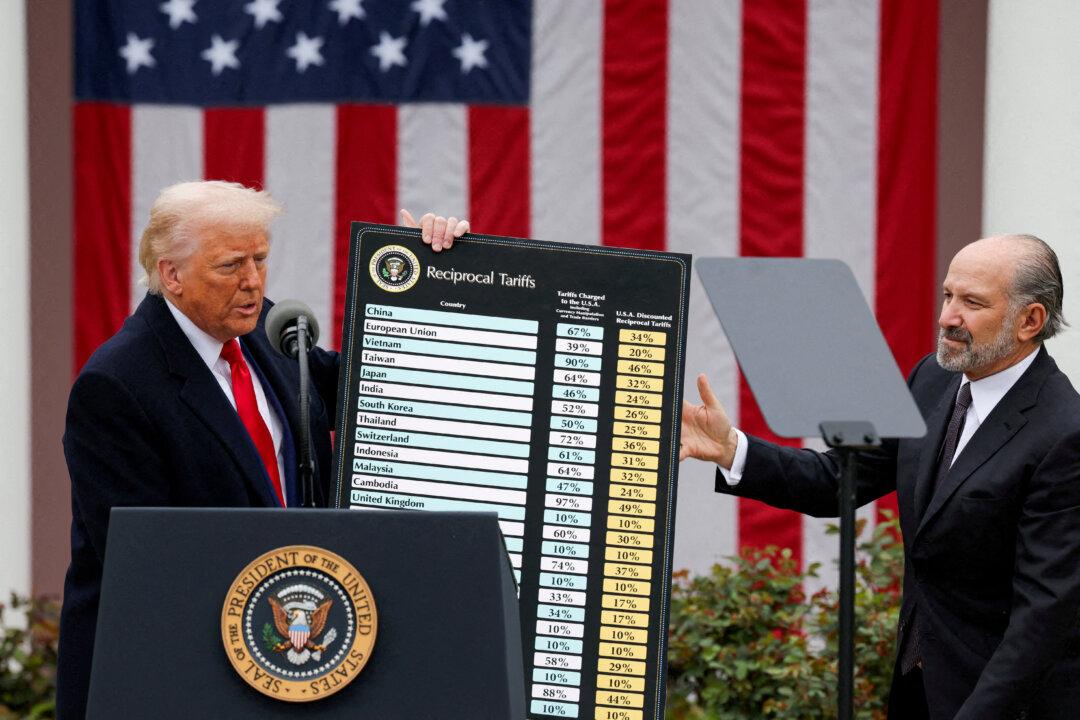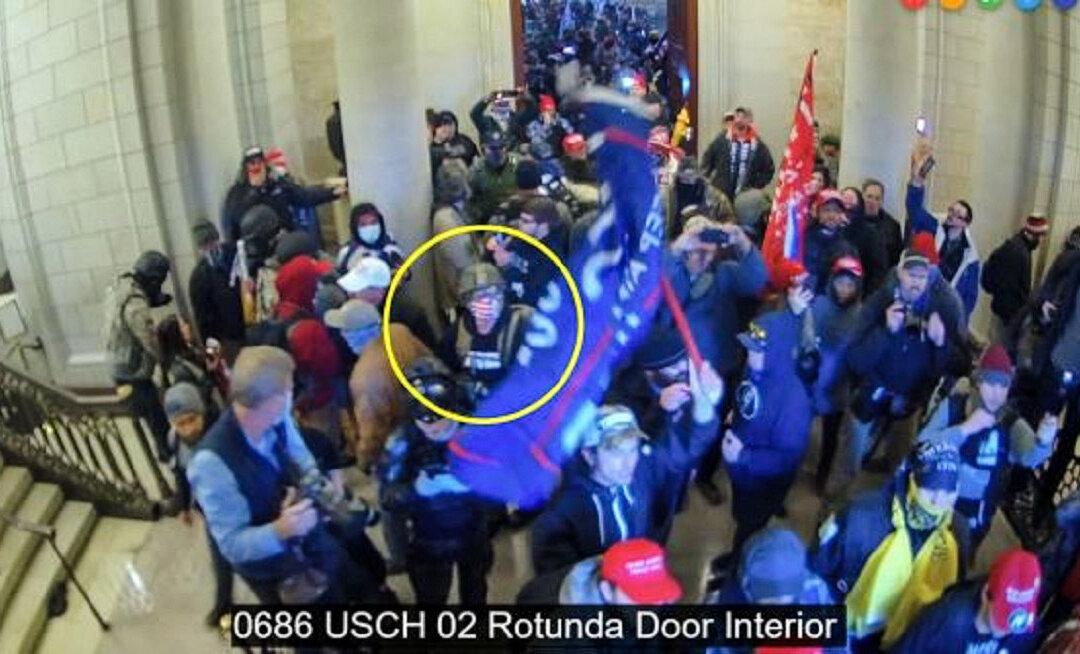Elon Musk is considering launching a new political party in the wake of his public falling out with President Donald Trump over a major Republican tax and spending bill.
In a series of social media
posts beginning on June 5, Musk floated the idea of a third party that would serve what he called the “80 percent of American voters in the middle.” He asked his followers on social media platform X to weigh in on whether the country needed a new political force—drawing a “yes” response from about 80 percent of respondents, which Musk
described as “fate.”
The next day, he voiced
support for a suggestion to call the new party the “America Party,” a name that echoes his existing political vehicle, America PAC, which he launched last year to back candidates aligned with what he has
called “the core values of America.” Those values
include secure borders, sensible spending, safe cities, a fair justice system, self-protection, and free speech.
Through America PAC, Musk donated nearly $300 million to Republican campaigns in the 2024 cycle, including significant support for Trump’s presidential bid. Although Musk has recently
signaled that he plans to scale back political donations, he left the door open to funding efforts that he finds especially important.
The rupture with Trump came after Musk lambasted the “One Big Beautiful Bill Act,” a sprawling legislative package backed by the White House. Musk, who served as a special government employee in the Trump administration until late May,
called the bill a “disgusting abomination” and accused it of being stuffed with wasteful spending.
The White House stated that the bill includes $1.7 trillion in mandatory
savings over the next decade and represents a cornerstone of Trump’s second-term fiscal strategy to boost the American economy.
Trump, for his part, has alleged that the billionaire was angry because the bill would cut electric vehicle (EV) tax credits—a claim Musk has denied.
The feud ratcheted up a notch when Trump publicly questioned whether his relationship with Musk could be salvaged, telling reporters at the Oval Office on June 5: “Elon and I had a great relationship. I don’t know if we will anymore.”
The president also threatened to slash government subsidies and contracts to Musk’s companies,
writing on Truth Social that “the easiest way to save money in our Budget ... is to terminate Elon’s Governmental Subsidies and Contracts.”
Musk, who is CEO of SpaceX and Tesla, initially responded by threatening to begin
decommissioning SpaceX’s Crew Dragon capsules—the U.S. space program’s only active means of human spaceflight—but later backed down.
Asked how serious he was about cutting contracts, Trump said on June 6, “We’ll take a look at everything,” noting the amount of taxpayer resources involved.
“It’s a lot of money. It’s a lot of subsidy,” Trump
said aboard Air Force One. “So we'll take a look at that, only if it’s fair for him and for the country ... but it has to be fair.”
Pressed further on whether he would reconsider ties with Musk, the president declined to comment extensively,
saying only, “I just wish him well.”
He said his focus was on major global issues like China, Russia, and Iran, not personal disagreements.
Musk, 54, signaled that his political involvement may be far from over, framing himself as a long-haul player in U.S. politics.
“Trump has 3.5 years left as President,” he
posted, “but I will be around for 40+ years.”
Still, Musk stopped short of committing to a formal break from the GOP. When one user suggested that “the best bang for your buck” was influencing Republican primaries, Musk
replied, “Ok.”
Another follower
urged him to reform one of the existing two major parties “from the inside out” rather than launch a new one, to which Musk responded with a noncommittal “Hmm.”
Whether Musk actually follows through with launching a political party remains an open question, but his public musings suggest that he and his billions of dollars intend to be politically engaged.







